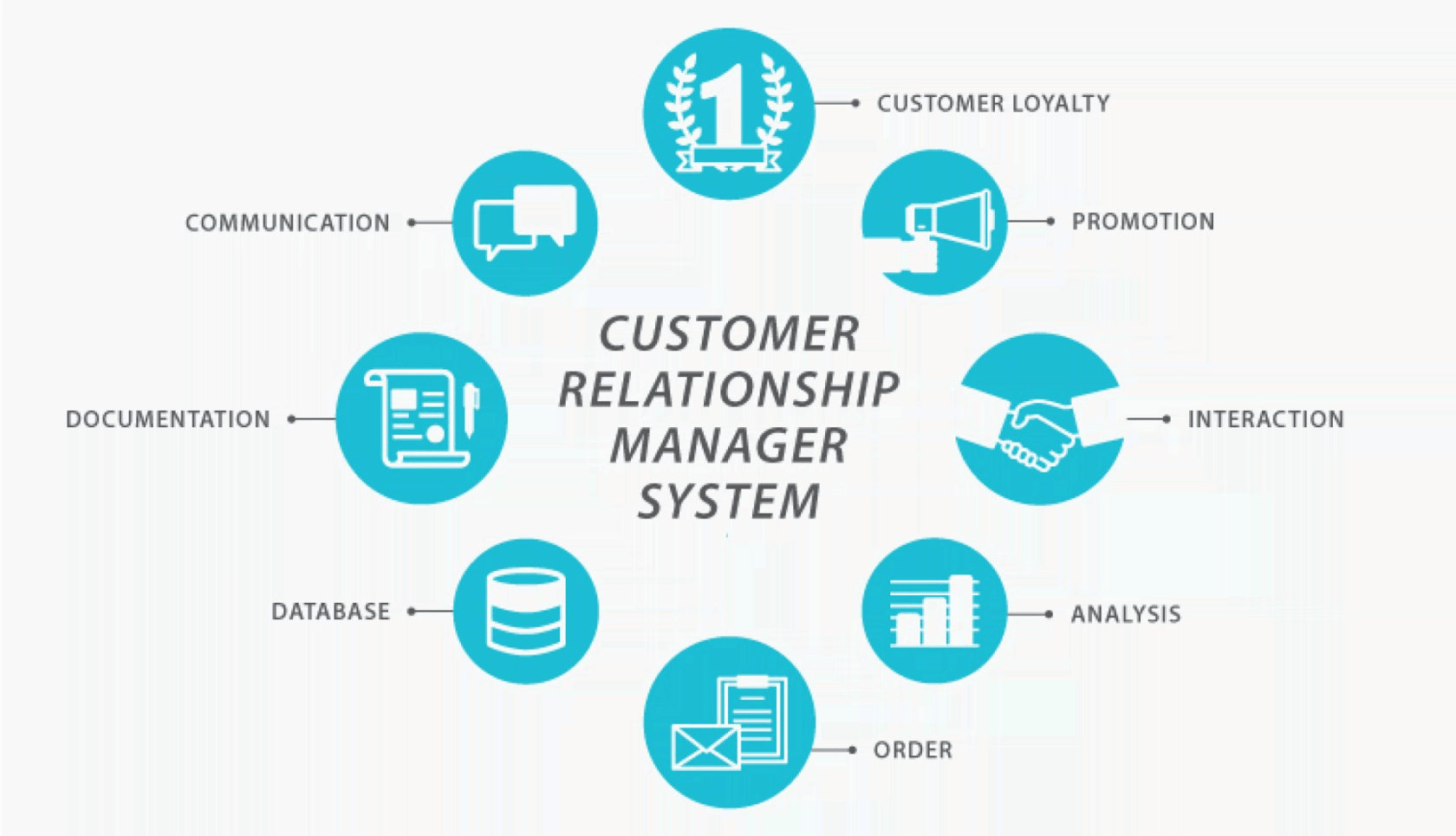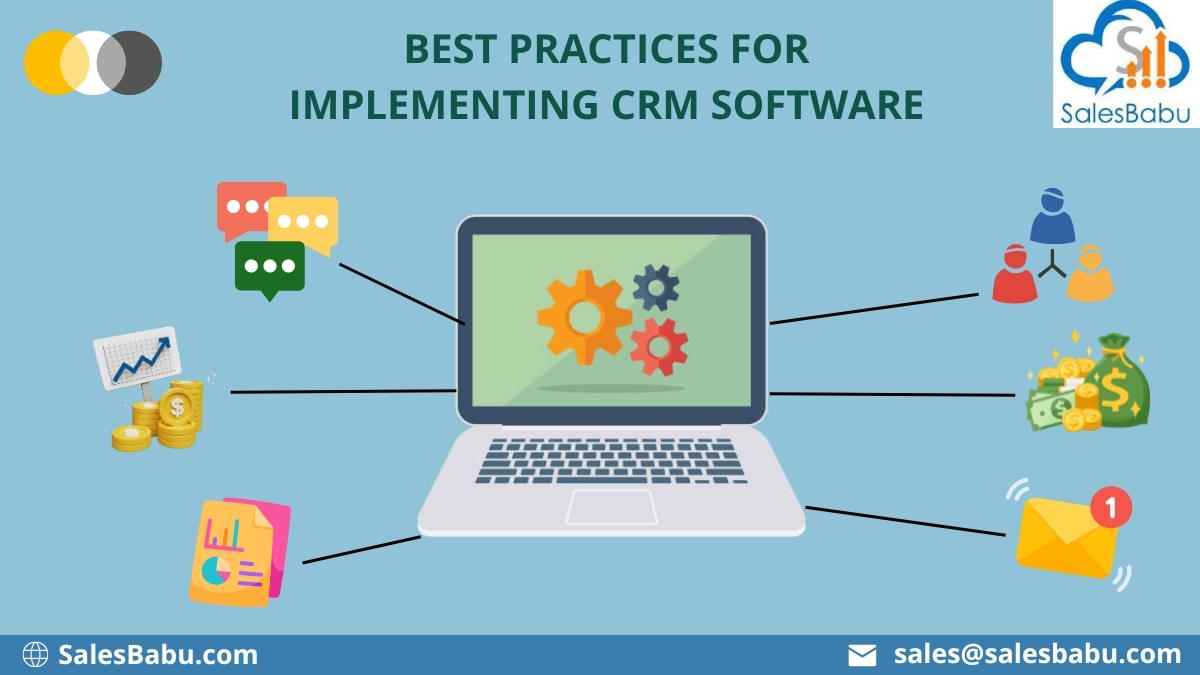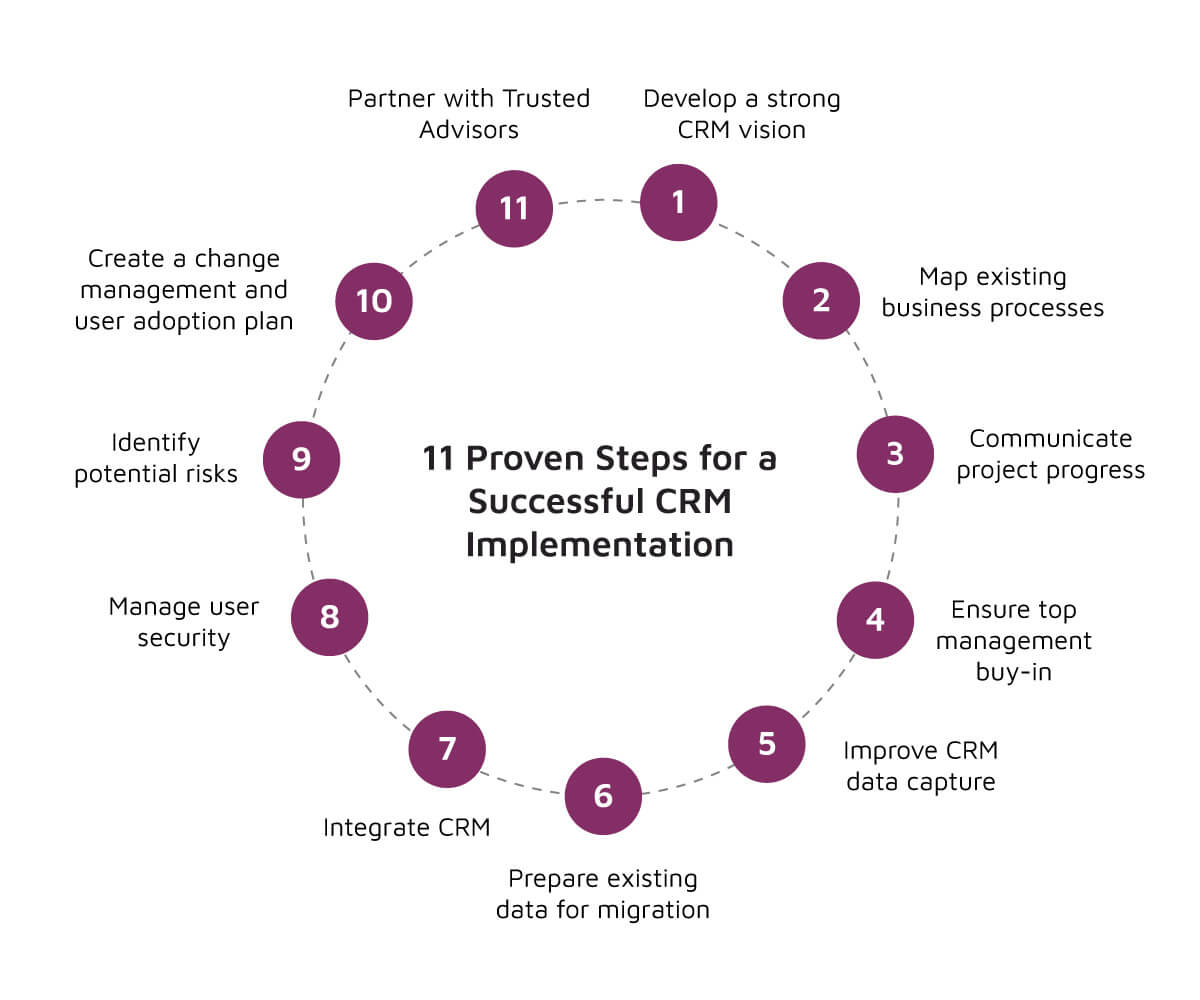In today’s fast-paced business environment, providing exceptional customer support is crucial for driving customer satisfaction, loyalty, and ultimately, revenue growth. One of the key tools that has revolutionized customer support is Customer Relationship Management (CRM) software. In this article, we will explore the importance of CRM in customer support, its features, and benefits, as well as the best practices for implementing a CRM system.

What is CRM?
Customer Relationship Management (CRM) refers to the strategies, processes, and technologies used by companies to manage and analyze customer interactions throughout the customer lifecycle. CRM software provides a centralized platform for storing customer data, tracking interactions, and analyzing customer behavior. This enables businesses to gain a deeper understanding of their customers’ needs, preferences, and pain points, and to deliver personalized experiences that meet their expectations.
The Importance of CRM in Customer Support
CRM plays a vital role in customer support by enabling businesses to:
- Track customer interactions: CRM software allows support teams to track customer interactions across multiple channels, including phone, email, social media, and live chat. This helps to ensure that customer inquiries are responded to promptly and efficiently.
- Manage customer data: CRM systems provide a centralized repository for storing customer data, including contact information, purchase history, and support requests. This enables support teams to access customer information quickly and easily.
- Analyze customer behavior: CRM software provides analytics and reporting tools that help businesses to analyze customer behavior, identify trends, and anticipate customer needs.
- Personalize customer experiences: CRM enables businesses to deliver personalized experiences that meet the unique needs and preferences of each customer.
- Improve first contact resolution: CRM software helps support teams to resolve customer issues on the first contact, reducing the need for follow-up interactions and improving customer satisfaction.
Features of CRM Software
Modern CRM software typically includes a range of features, including:
- Contact management: Stores customer contact information, including names, addresses, phone numbers, and email addresses.
- Interaction tracking: Tracks customer interactions across multiple channels, including phone, email, social media, and live chat.
- Case management: Enables support teams to manage customer support requests, including assigning cases to agents, tracking progress, and resolving issues.
- Knowledge base: Provides a centralized repository for storing articles, FAQs, and other resources that customers can use to self-serve.
- Analytics and reporting: Offers analytics and reporting tools that help businesses to analyze customer behavior, track key performance indicators (KPIs), and identify areas for improvement.
- Integration with other systems: Integrates with other business systems, such as marketing automation, sales force automation, and enterprise resource planning (ERP) systems.
Benefits of CRM in Customer Support
The benefits of using CRM software in customer support include:
- Improved customer satisfaction: CRM enables businesses to deliver personalized experiences that meet the unique needs and preferences of each customer.
- Increased efficiency: CRM software automates many support tasks, such as assigning cases to agents and tracking progress, freeing up support teams to focus on higher-value activities.
- Reduced costs: CRM helps businesses to reduce costs by minimizing the need for follow-up interactions, improving first contact resolution, and streamlining support processes.
- Enhanced customer insights: CRM provides businesses with a deeper understanding of customer behavior, preferences, and pain points, enabling them to make informed decisions about product development, marketing, and sales.
- Competitive advantage: CRM enables businesses to differentiate themselves from competitors by delivering exceptional customer experiences that build loyalty and drive revenue growth.
Best Practices for Implementing a CRM System
To get the most out of a CRM system, businesses should follow these best practices:
- Define clear goals and objectives: Establish clear goals and objectives for the CRM system, such as improving customer satisfaction or reducing support costs.
- Choose the right software: Select a CRM software that meets the business’s specific needs and requirements.
- Configure the system: Configure the CRM system to meet the business’s specific needs and requirements.
- Train support teams: Provide comprehensive training to support teams on how to use the CRM system effectively.
- Monitor and analyze performance: Regularly monitor and analyze the performance of the CRM system, using analytics and reporting tools to identify areas for improvement.
- Continuously evaluate and improve: Continuously evaluate and improve the CRM system, using customer feedback and other data to inform decisions about system configuration, training, and process improvements.
Frequently Asked Questions (FAQs)
- What is CRM software?: CRM software is a type of software that enables businesses to manage and analyze customer interactions throughout the customer lifecycle.
- How does CRM software improve customer support?: CRM software improves customer support by enabling businesses to track customer interactions, manage customer data, analyze customer behavior, and deliver personalized experiences.
- What are the benefits of using CRM software in customer support?: The benefits of using CRM software in customer support include improved customer satisfaction, increased efficiency, reduced costs, enhanced customer insights, and competitive advantage.
- How do I choose the right CRM software for my business?: To choose the right CRM software for your business, consider factors such as the size and complexity of your business, the specific needs and requirements of your support teams, and the level of customization and integration required.
- How do I implement a CRM system effectively?: To implement a CRM system effectively, define clear goals and objectives, choose the right software, configure the system, train support teams, monitor and analyze performance, and continuously evaluate and improve the system.
Conclusion
In conclusion, CRM software plays a vital role in customer support by enabling businesses to deliver personalized experiences that meet the unique needs and preferences of each customer. By tracking customer interactions, managing customer data, analyzing customer behavior, and improving first contact resolution, CRM software helps businesses to improve customer satisfaction, increase efficiency, reduce costs, and gain a competitive advantage. By following best practices for implementing a CRM system, businesses can maximize the benefits of CRM software and drive revenue growth through exceptional customer experiences. Whether you are a small business or a large enterprise, CRM software is an essential tool for delivering world-class customer support and building long-term customer relationships.
Closure
Thus, we hope this article has provided valuable insights into The Role of CRM in Customer Support: Enhancing Customer Experience. We thank you for taking the time to read this article. See you in our next article!


